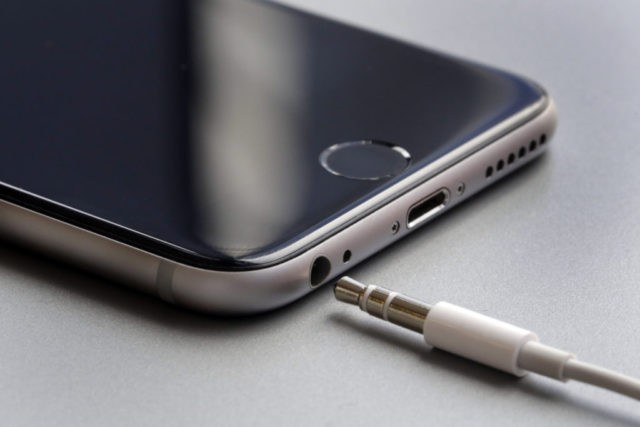China’s federal patent court overturned a ruling by the city of Beijing’s Intellectual Property Bureau regulator that had threatened to ban sales of the Apple iPhone for violating a bankrupt Chinese firm’s exterior design patents.
Breitbart News reported last June that Beijing’s Intellectual Property Bureau, an administrative arm China’s capital city, ruled that Apple infringed on the exterior design patent for the “100C” smartphone formerly produced by Shenzhen Baili. The firm claimed to have been forced into bankruptcy due to Apple’s allegedly predatory actions. The regulatory agency agreed at the time to not ban iPhone 6 and iPhone 6 Plus sales during Apple’s appeal to the courts, but the “6” undoubtedly lost some sales due to reputational damage.
The patent case was considered very high risk for Apple, because Beijing regulators had already deemed that Apple “copied” the exterior design of Baili’s 100C smartphone, because the iPhone featured a curved edge and rounded corners.
Baili, a start-up being heavily funded by China’s Internet giant Baidu, first formally complained to Beijing regulators in December 2014 that Apple was allegedly knocking off their first-generation smartphone, according to the South China Morning Post.
Most analysts of China’s hyper-competitive smartphone market blame Baili’s 2015 failure on producing a lower-quality product at a higher market price. But the bankrupt company has had tee resources for the last two years to pursue its regulatory complaint against Apple, and then fund the subsequent cost of fighting the appeal to China’s patent court.
Apple had been so successful in building an iconic brand that in early 2016, Chinese consumers named Apple their favorite luxury brand, taking top honors away from Gucci and Louis Vuitton.
Now, according to a March 24 report by the state-owned People’s Court Daily, the Beijing branch of China’s Intellectual Property Court now “recognizes that Apple … has not infringed the design patent filed by the company Shenzhen Baili.” In an even bigger Apple win, the court stated that the new verdict “quashes the decision of the bureau.”
It is unknown just how much reputational damage Apple and iPhone suffered from bad press associated with the adverse Beijing regulatory ruling in June 2016.
But despite China’s smartphone sales jumping 11.4 percent in 2016 to 476.5 million units, Apple’s Greater China region sales tanked by 12 percent in the fourth quarter of 2016. For the 2016 year, Apple fell from China’s third-most-popular smartphone brand in 2015, to the fifth-most-popular in 2016, according to MacRumors.
Apple CEO Tim Cook has been taking several high visibility trips to meet with top China officials in what has been seen as a program of mending relationships. Apple announced last year that it was investing $1 billion in Didi Chuxing, known as “the Uber of China.”
Cook declared at the China Development Forum 2017 on March 20 that globalization is so “great for the world,” Apple will also spend $507 million to open another two research centers in the People’s Republic of China.

COMMENTS
Please let us know if you're having issues with commenting.